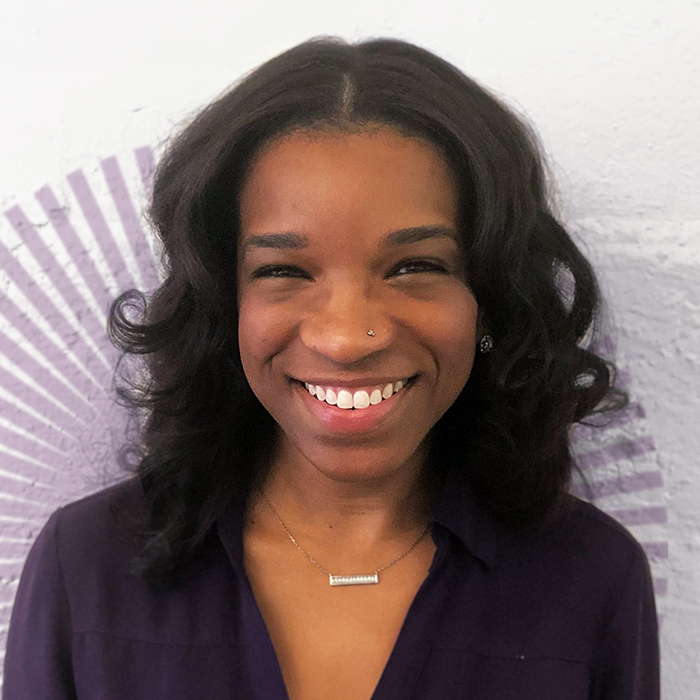Let’s Break it Down | The Supreme Court’s Ruling is About More Than Just Abortion
Many people — including myself — are reeling from Politico’s release of the leaked Supreme Court majority decision on the Dobbs v. Jackson Women’s Health Organization case. The ruling will effectively overturn Roe v. Wade, which has protected pregnant people’s right to an abortion, and their a bodily autonomy, for nearly 50 years. The far-ranging impact of this will be devastating.
This is the latest assault on human rights in a series of anti-choice, anti-trans, anti-CRT, anti-everything bills from U.S. Courts. Unfortunately, all signs suggest that we need to prepare for more. Language on p.5 of Alito’s draft opinion may be a harbinger of other terrifying decisions to come:
“The Constitution makes no reference to abortion, and no such right is implicited protected by any constitutional provision…That provision has been held to guarantee some rights that are not mentioned in the constitution, but any such right must be ‘deeply rooted in this Nation’s history and tradition’ and ‘implicit in the concept of ordered liberty.’”
It seems Alito is making the case that (a) the Constitution does not mention abortion, and (b) any rights that are not mentioned in the Constitution should be “deeply rooted in this Nation’s history and tradition.” Arguably, that means that any modern decisions that aren’t codified in the Constitution — written 234 years ago by a homogenous group of White men — are up for grabs. People are right to ring alarms for what this means for LGBTQIA+ rights and protections, voting rights for marginalized communities of all kinds, etc. This decision would set precedent for anyone to argue that, because the Constitution doesn’t speak directly of gay marriage, interracial marriage, women owning property, etc., that these are rights worth revisiting.
While chilling, this move is not surprising. This language comes out at a time when bills are sweeping the Nation banning conversations about the (deeply bigoted) roots of the United States’ “history and tradition.” Therefore, it would be a mistake to view this decision as another isolated incident. Rather, it’s part of an orchestrated effort to restrict rights and access for people deemed outside of the protections that the Constitution’s framers originally considered. Obviously, that’s a problem.
One component of this orchestrated effort is the attack on education about history. Shared knowledge is critical; without it, people are less likely to support efforts for change. A 2013 study illustrated what the researchers called the “Marley Hypothesis,” the name drawing from the song Buffalo Soldier where Marley says “if you know your history then you will know where you’re comin’ from.” Compared to Black participants, White participants were less able to identify factual statements about past racism as true. As a result, those White participants were also less likely to agree that various examples of racism were, indeed, racism. Years later, other researchers identified a potential antidote: education. Specifically, they found that White people who learned about the racist roots of the U.S. housing policies were later more likely than the control group to agree that systemic racism is a problem.
The implication of this research is clear: the bills banning conversations about the inequitable past and present of this country will meaningfully hamper the next generation’s ability to understand, and address, inequity. It makes sense, then, that when President Trump couldn’t maintain his stronghold against DEI education at work, his surrogates are now advancing laws targeting K-12 and collegiate education. It’s all part of the same playbook.
And yet, this is exactly why I believe DEI work is a required component of modern workplaces. These companies, and the adults they employ, have significant influence. When someone leaves a workplace workshop on systemic racism with a new perspective, they may respond differently to a question from their family member at the dinner table. Those adults may engage with their local school board in a different way, highlighting the inequity that links property values to education access, perhaps inspiring a different approach. When companies invest in DEI, they change the lives of their employees, the communities they inhabit, and eventually the world.
This is precisely why organizations committed to equity and inclusion must redouble their efforts in face of this leaked decision. All of us must plan for what we will do in the event that the decision does come down exactly as drafted. For me, that includes, among many things, continuing to speak and teach — boldly and consistently — about equity, injustice, bigotry, and the individual and societal responsibility to address these ills. The change that such education can provide is too powerful to stay silent.
May 4, 2022

 Our website uses cookies to distinguish you from other users of our website. This helps us to provide you with a good experience when you browse our website and also allows us to
improve our site. By continuing to browse our website, you’re agreeing to our use of cookies. For more information, please read our
Our website uses cookies to distinguish you from other users of our website. This helps us to provide you with a good experience when you browse our website and also allows us to
improve our site. By continuing to browse our website, you’re agreeing to our use of cookies. For more information, please read our
